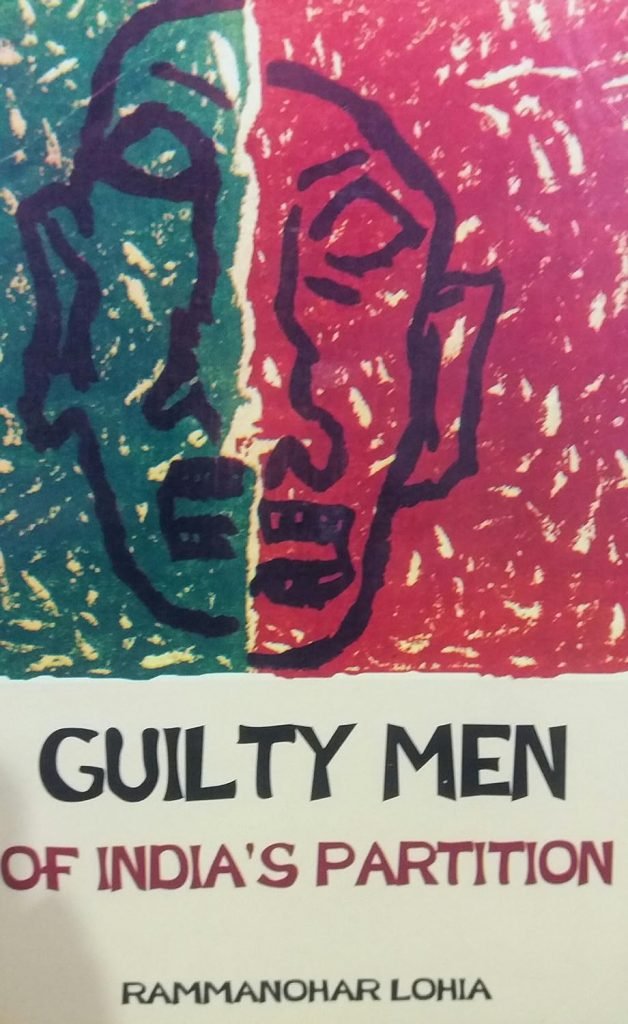
In this book Guilty Men of India’s Partition the author exposed the errors and untruths and highlighted certain happenings and aspects of truth. He outlined the basic causes that led to the partition. While giving an account of the Guilty Men of India’s Partition, the author deliberately selected persons who were personally brave but collectively stupid in order to bring out the country’s long
story of defeat and surrender. The author was forthright in his own inimitable way in giving an account of these Guilty Men of India’s Partition.
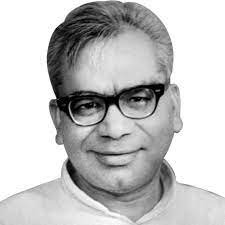
The Author
Rammanohar Lohia was one of the founders of the socialist movement in India. He was a brilliant and original thinker as well as a man of action. He was an indefatigable champion of
civil liberty, argued his own habeas corpus petitions and won many landmark court victories.
Apart from action, Lohia made a great contribution to socialist thought. He was the originator of the idea of the trident of spade, prison and vote which put his ideas apart from Western social democracy and communism.
Lohia was first elected to the Lok Sabha in 1963 and made his first historic speech concerning India’s poverty. He used the forum of Parliament in an unprecedented manner by taking it to the people and bringing the people into it. His contribution to the Parliamentary way was phenomenal.
Introduction
WHAT began in my mind as a review of Maulana Azad’s, India Wins Freedom became an independent account of the country’s partition, as soon as I started setting it on paper. The account may not be

as ordered or chronological, at least outwardly, as some may have wished it to be, but it is perhaps therefore a little warmer and truer. While reading the proofs, I became aware of having sought two objectives, one, to slay errors and untruths and to highlight certain happenings and aspects of the truth and, two, to outline the basic causes that led to the partition.
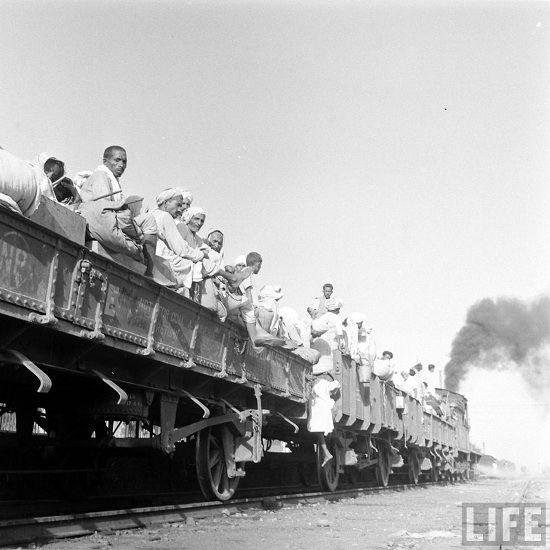
Among these causes, I enumerated, first British chicanery, secondly, declining years of Congress leadership, thirdly, objective condition of Hindu-Muslim rioting, fourthly, lack of grit and stamina among the people, fifthly, Gandhiji’s
non-violence, sixthly, Muslim League’s separatism, seventhly, inability to seize opportunities as they came, and, eighthly, Hindu hauteur. Not much importance need be attached to Mr. Rajagopalachari’s or the communist support to partition and the opposition to it by fanatical Hinduism or nationalism. These were no primary events. They were stances or secondary expressions of deeper forces. Thus, for instance, the opposition of fanatical Hinduism to partition did not and could not make any sense, for one of the forces that partitioned the country was precisely this Hindu fanaticism. It was like the murderer recoiling from his crime, after it had done.
Let there be no mistake about it. Those who have shouted loudest of Akhand Bharat, the present Jana Sangh and its predecessors of the curiously un-Hindu spirit of Hindusim,
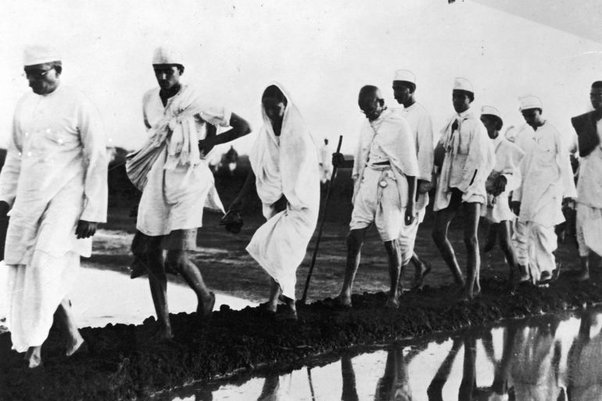
have helped Britain and the Muslim League partition the country, if the consequences of their acts and not their motivations are taken into account.They did nothing whatever to bring the Muslim close to the Hindu within a single nation. They did almost everything to estrange them from each other. Such estrangement is the root cause of partition. To espouse the philosophy of estrangement and, at the same time, the concept of undivided India is an act of grievous self-deception, only if we assume that those who do so are honest men. Their action acquires meaning and purpose alone in the context of a war, when they are strong enough to suppress the men whom they estrange. Such a war is impossible, at least during our century. Even if it ever became possible, the cause certainly would not lie in wishing or shouting for it. Without a war, therefore, the coupling of the two concepts of undivided India and Hindu-Muslim estrangement can only reinforce the idea of partition and give succour to Pakistan.
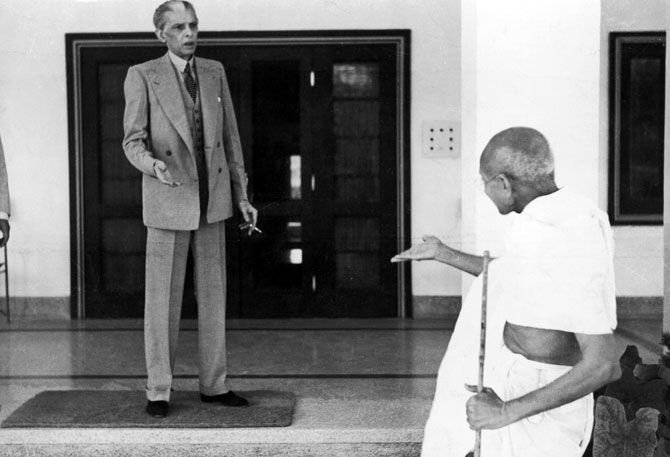
The opponent of Muslims in India is the friend of Pakistan. The Jana Sanghis and all Akhand- Bharatis of the Hindu pattern are friends to Pakistan. I am a true Akhand-Bharati. I do not like the partition.
There must be millions of such persons on both sides of the border. But they must cease to be exclusively Hindu or exclusively Muslim, before they can become true to their yearning of undivided Hindustan.
Right nationalism split into two; one branch of it extended support to the idea of partition, while the other opposed it. When these events took place, their capacity to please or anger was not small. But they were barren events, devoid of any significance, Right nationalism could only oppose verbally or silently; it had no strength to oppose actively. Its opposition, therefore, merged smoothly into the surrender and betrayal by the main body of nationalism. In similar manner, the right nationalist opinion that supported partition played a minor diversionary role, in spite of the fact that its speech-making was greatly annoying to genuine nationalists. This speech-making had no capacity to influence, for weakness lay not in it but in the broken, halting, maimed and surrendering spirit of the Indian people and their nationalism. Right nationalism, both that supported partition and that opposed it, were barren offshoots of its parent, the main ody of effete nationalism. I sometimes wonder if traitors play any primary role at all in the making of history. They are despicable people, of that there is no doubt. But are they also important people, I doubt. The traitor’s action would be devoid of all meaning and would occasion a court-martial or a shrug of the shoulder, if it were not supported by the latent treachery of the main bulk of the army.

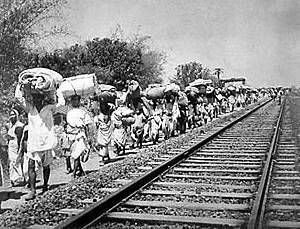
Communist treachery, similarly, plays no primary role. It does not cause a development; the causing is done from elsewhere. Communist support to partition did not produce Pakistan. At its worst, it acted like an incubator. Nobody remembers it now except as a stale propagandist argument against communism. I am somewhat intrigued by this aspect of communist treachery, that it leaves no lasting bad taste in the mouth of the people. Other traitors are not so fortunate. It would be worthwhile to try to argue the communist case from inside; what must have been in the mind of the communist, when he supported partition.
Indian communists supported partition presumably in the hope that they would thereby gain hold on the new- born state of Pakistan, obtain influence among Indian Muslims and run no big risk of alienating the unformed or effete Hindu mind.
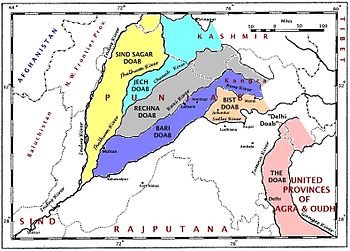
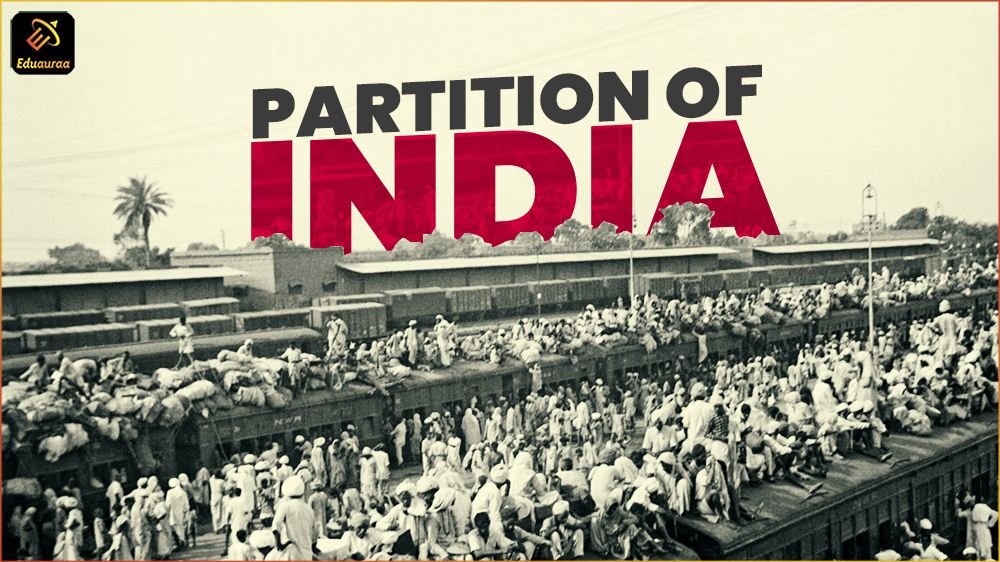
Their calculations have been proved to be wrong except in the small measure that they have acquired some pockets of influence among India’s Muslims and have roused no strong indignation among the Hindus. They have therefore done no mischief to themselves, but have brought no benefit to the country.
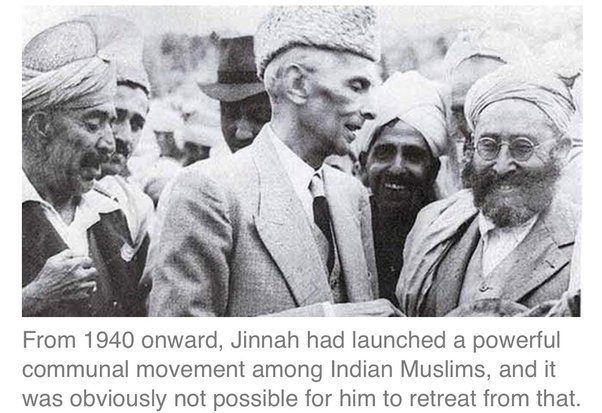
I had at one time hoped overmuch. In a speech, made at the Gole Market of Delhi immediately after partition, from which Mr. Jinnah quoted extensively and angrily and which made him intervene with the India Government,
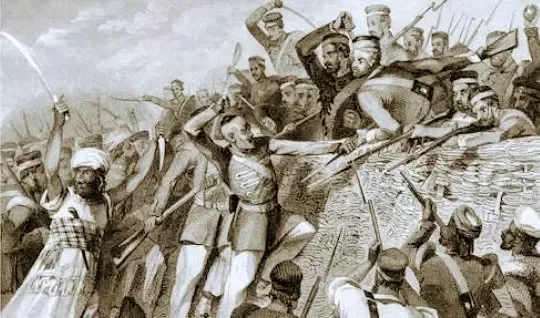
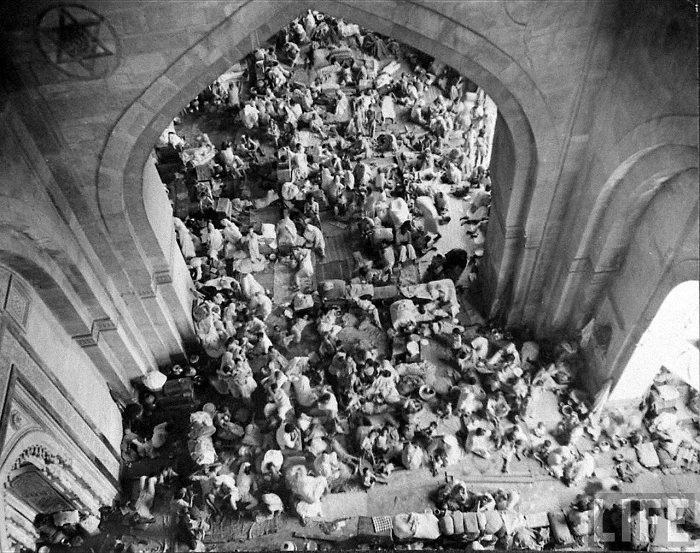
I made a forecast of early India-Pakistan reunion into Hindustan. Never before or after have I made such an unwise forecast. My wish ran away with my intelligence.
Nobody could indeed have foreseen Gandhiji’s death at that time. In any case, my calculations were based on his continuing presence. Even so, the other factors which entered into my calculation have been found to be slender or almost lacking.. I had hoped that India would prosper under a national government, at least to some degree. Such a prosperity on this side of the frontier would have aroused unsettling envy on the other side. Such a hope did not indeed last out the first few months of freedom and vanished after Gandhiji’s death. How I could have been so ardent but foolish, albeit for few months, I cannot to this day understand except on the premise of Gandhiji’s continuing presence. I, like million others, foolishly expected miracles from that man. There are no miracles except discovery of and adherence to truth and hard work. A second factor that went wrong related precisely to my hope in growing approximation between Hindu and Muslim in India, as would have influenced the mind of Pakistan towards reunion.
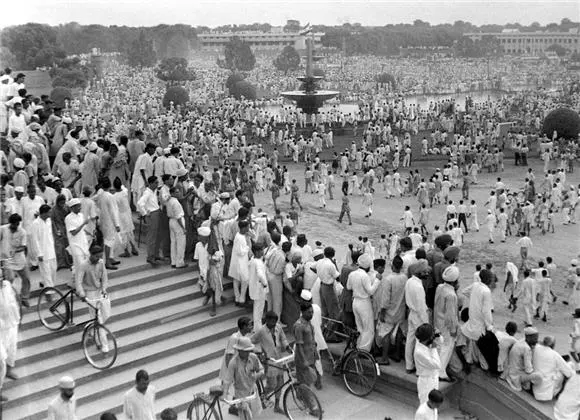
I was definitely unwise on the score of time, but was I so in respect at the quality of my forecast. The frontier between India and Pakistan has few natural barriers and consists of the slender waters of ponds and rivers and not of separating seas.
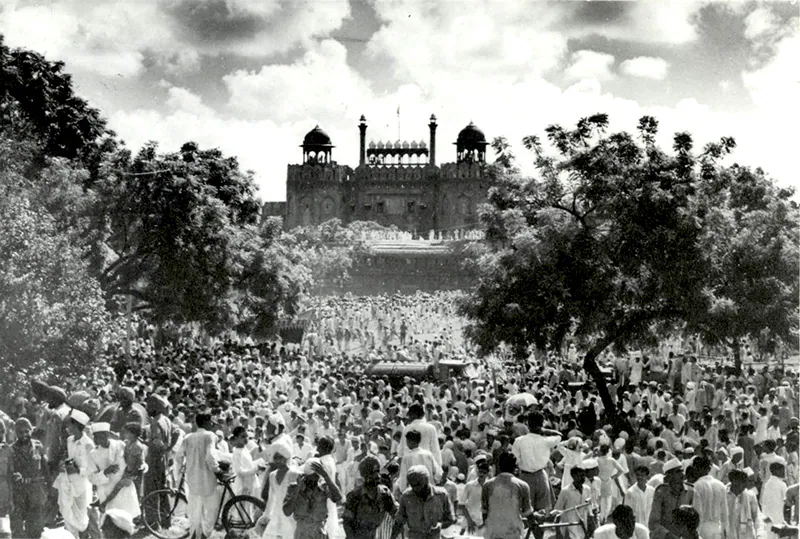
Attempts are being made to divide the single language into two, that of Pakistan being almost wholly Arabic or Persian and that of India entirely Sanskritic. Such attempts may reasonably be expected not to succeed. Unintelligibility or lifelessness would so assail these efforts at an artificially selective language that they would be given up at no distant future. I am of course assuming that the world would not continue to be wicked indefinitely. The Atlantic-Soviet rivalry would diminish at least to the point when it does not seek to spin India and Pakistan against each other. Physical and cultural approximation between Hindu and Muslim inside India and as a consequence or simultaneously, that between Pakistan and India resulting in reunion of Hindustan is a wish and a prayer and also a probability.
